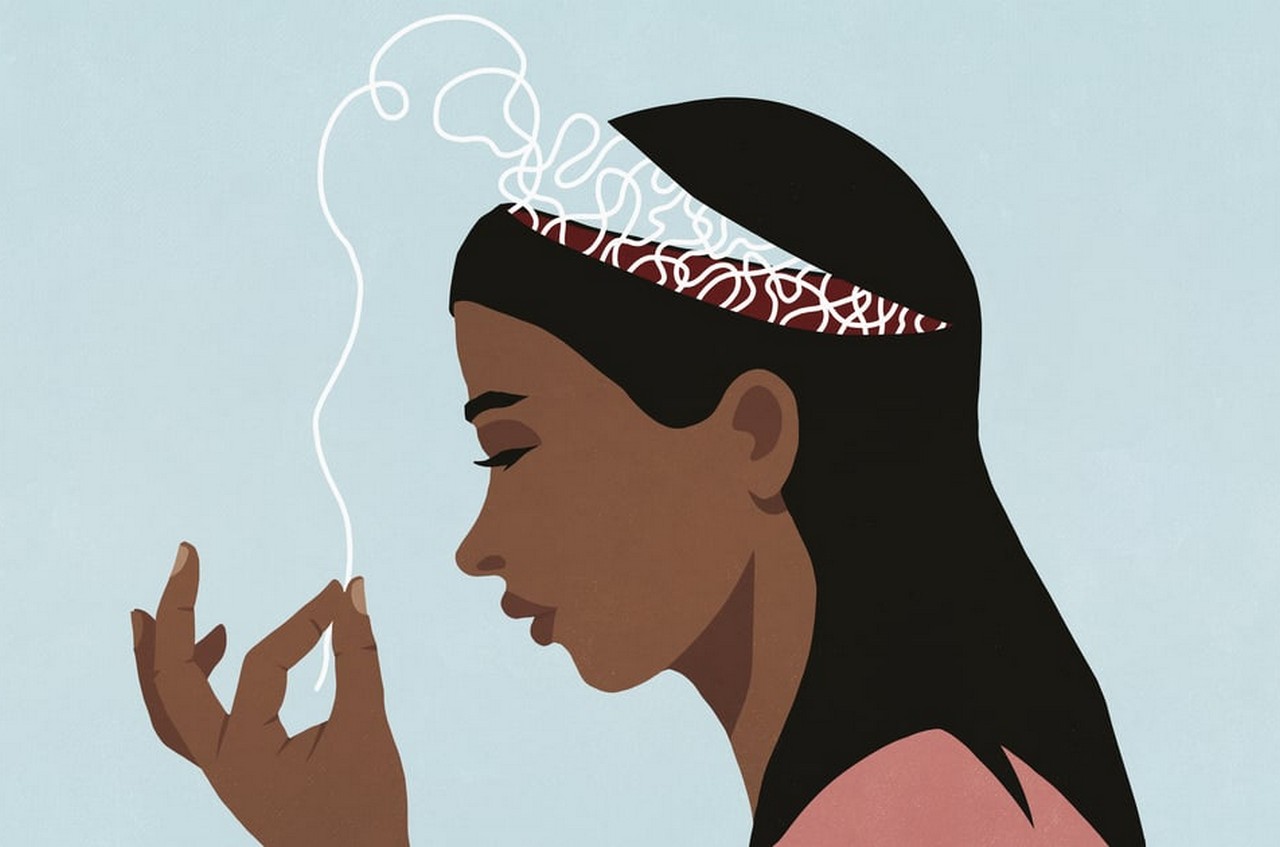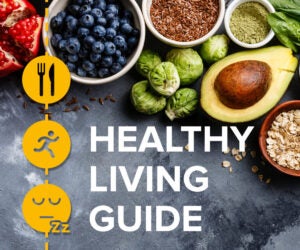
Most people, especially women, assume they have a calcium deficiency or need more calcium. It’s essential for strong bones and teeth, and it feels like every single breakfast food is fortified with it. That’s because we so desperately need it, right? Surprisingly, most of us are already getting enough of this important mineral.
In fact, some people may be getting too much calcium.
Our current calcium-sufficiency is a result of a large push by the dairy industry years ago to promote milk products as good for bone health, and the FDA fortifying drinks like orange juice and cereal to boost levels. Doctors also started liberally recommending supplements, to women in particular, to help prevent osteoporosis. While these things have decreased the risk of low calcium, they’ve increased the risk of some potential health concerns associated with over-supplementing, Zhaoping Li, M.D., Ph.D., professor of medicine and chief of the division of clinical nutrition at UCLA, tells SELF. “Calcium supplementation is being associated with calcifications of coronary arteries, meaning it may cause increased risk of heart disease,” Li says. “So yes, we’re doing a much better job dealing with calcium intake issues, but that also comes with the concern that we actually may have overdone it.”
Don’t get us wrong, calcium does more than just build strong bones and teeth, and getting enough is incredibly important.
Like mineral friends sodium and potassium, calcium is crucial for proper cellular function throughout our bodies. “Every muscle contraction requires calcium to go in and out of the cell, so it’s widely needed for nerve ending conduction, blood clotting, and running most of the systems in our body,” Li says. Without it, our hearts wouldn’t be able to beat. It’s also the main building block for bones and teeth—two things that would be kind of tough to live without.
When you’re not getting enough calcium, the bones and teeth are what really take the hit. “What the body does is it will start taking calcium from other places, like the bones, to make sure your [blood] calcium level is normal,” Li explains.
Blood tests don’t really do a good job of telling you whether you’re low on calcium. (And bone scans aren’t much better.)
Blood tests will likely show your levels are OK, since your body redistributes calcium to make sure there’s enough in the blood for essential processes. If your blood levels are low, chances are you’re already in rough shape.
A bone density scan can suggest, indirectly, if you’re getting enough calcium because it can reveal how thick or thin your bones are. “But even that is not [always accurate], because bone density is decided by at least two things,” Li explains. One is having enough calcium, and the other is your muscle strength. “You can take all the calcium you want, but if you lie in bed all day, your bones are going to get thin.” So while a bone density test can give you clues as to a potential calcium deficiency, it can’t tell you for sure.
There are only a couple of times in life that supplementing is probably necessary.
Those times are during pregnancy and before and after menopause. “When you’re growing a new life, it’s going to take a lot of calcium out of you,” Li says. Makes sense. The other? Once you hit perimenopause. “With the withdrawal of estrogen, you lose muscle.” So if muscle isn’t there, there’s a higher calcium demand to maintain bone strength. Your doctor will help you figure out if you need a supplement, and how much—500 milligrams daily is usually the standard dosage. Sometimes, if your bone density is low, vitamin D levels could be to blame, Li notes. Vitamin D is a calcium transporter, meaning your body needs it to fully utilize the calcium you consume.
You can (and should) try to get all your calcium from food—and you probably already do.
An adult woman who isn’t pregnant and hasn’t gone through menopause yet should get 1,000 milligrams of calcium per day. Getting it from a natural food source is the best “because other nutrients and compounds work with the body to regulate it,” Li says. So, what should you be eating? “Dairy products have significantly higher calcium levels than other food,” Li notes. But they’re not the only good source, and there are mixed reviews, scientifically speaking, on how much dairy is too much dairy. Green leafy vegetables and tofu are both great choices, too. Kale, for example, has almost 100 milligrams per cup, “so that’s really substantial,” Li adds.
And the fiber in green, leafy vegetables is a boon for your calcium levels, too. Past research suggested that fiber may bind to calcium and impact the body’s ability to absorb it, but Li says more current research had led experts to believe the opposite. Clinical studies show some fibers—soluble, specifically—actually increase calcium absorption, Li explains. Plus, gut microbiota has been shown to play a significant role in calcium absorption, and fiber may work as a prebiotic in our bodies. “By definition, we cannot break down and absorb fiber, so when it gets to the lower part of the bowel, bacteria work on it,” Li explains. She suggests opting for those fibrous, calcium-rich veggies to get your daily dose. You can get your daily 1,000 milligrams of calcium with just 1/2 cup of nonfat yogurt, 1 ounce of almonds, 2 cups of kale, and an 8-ounce glass of OJ, and chances are you’re getting enough without even trying. If you’re eating a mix of low-fat dairy, green leafy veggies, and getting enough fiber, it’s probably safe to say you can put down those calcium chews.
What’s For Dinner Tonight? A 5-Step Grain Bowl



















